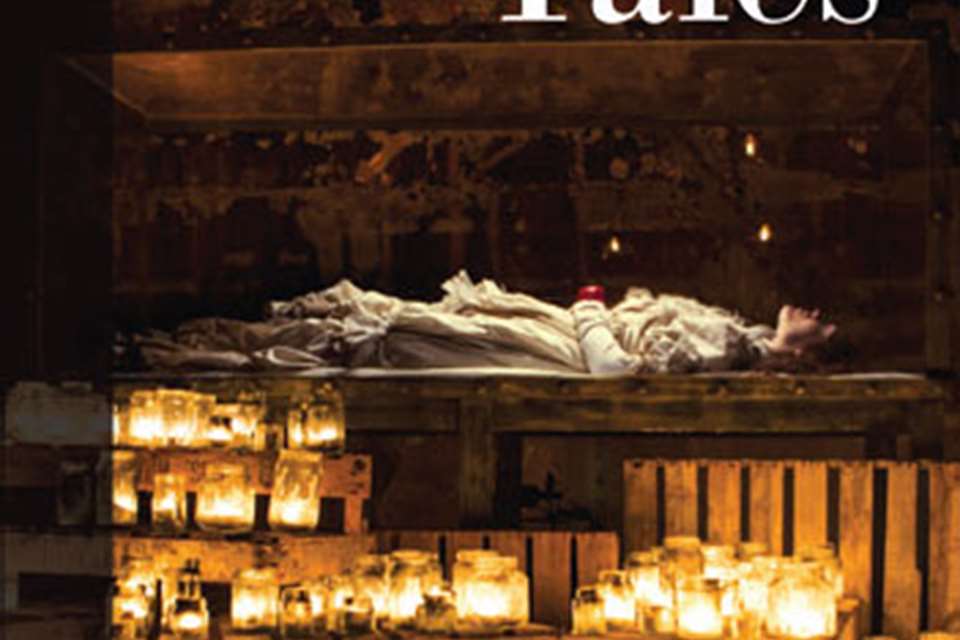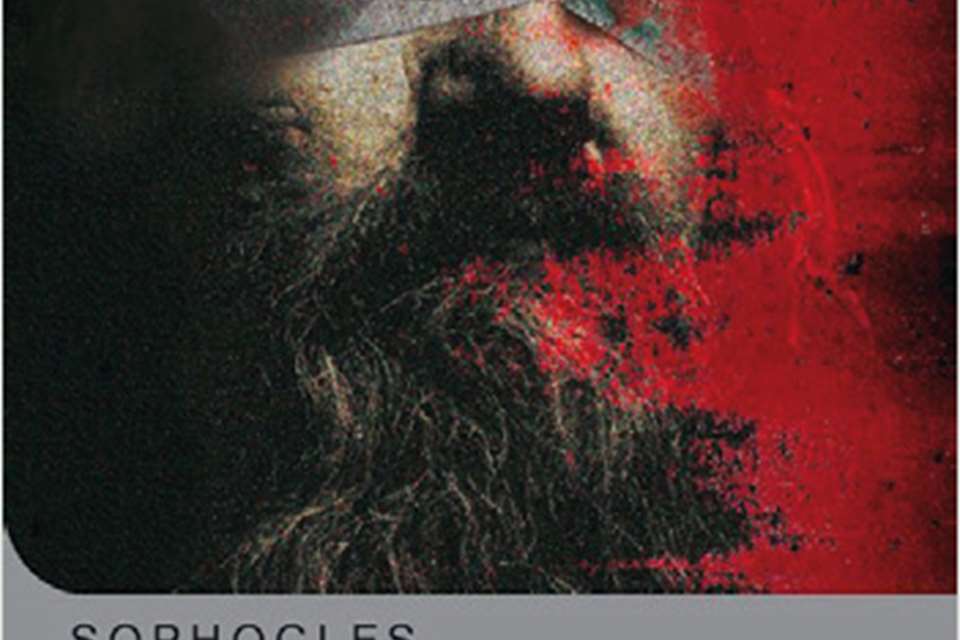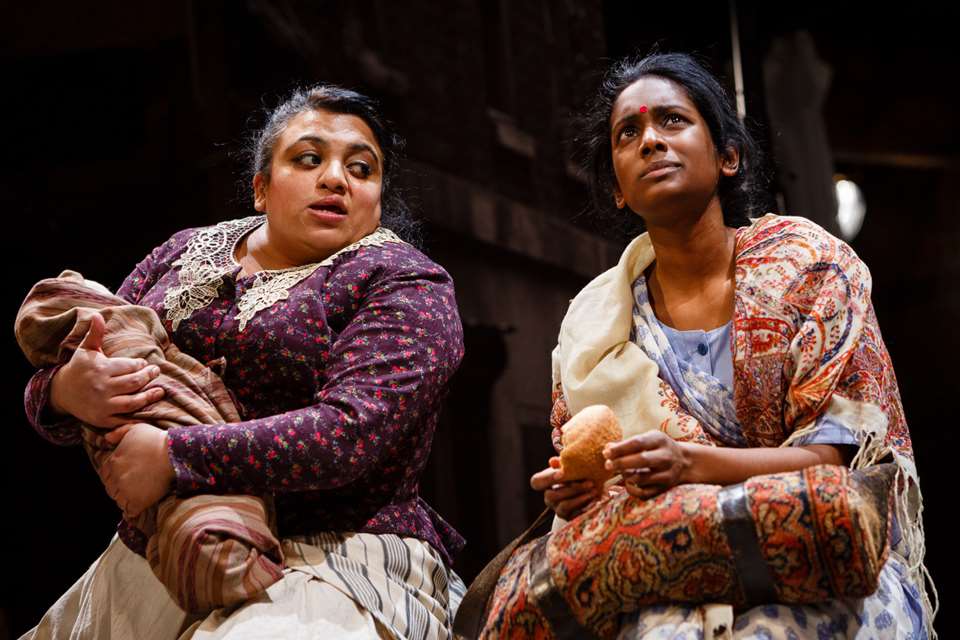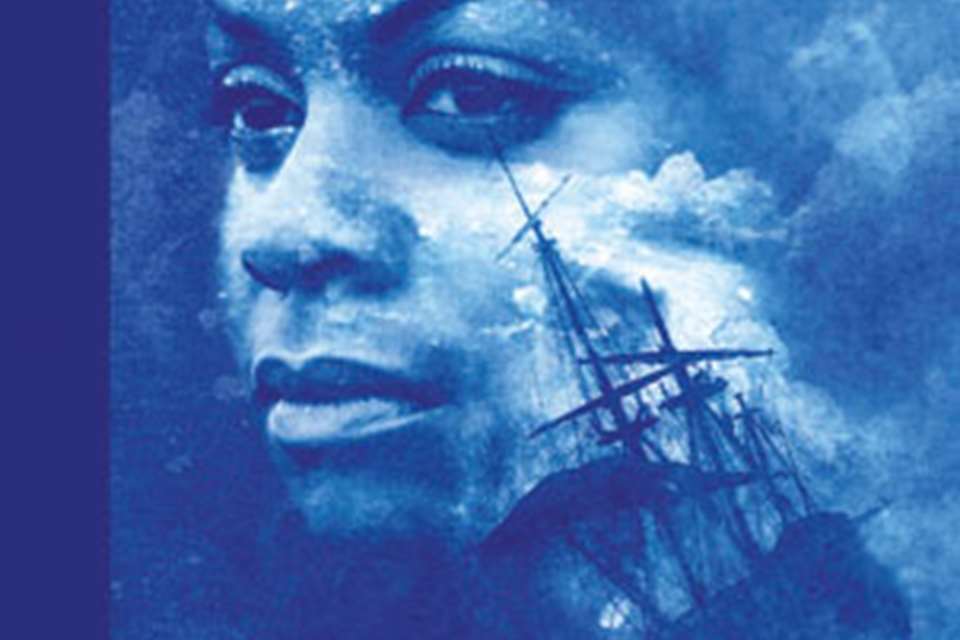Five Great Plays … with progressive approaches to feminist ideals
Isabelle Tyner
Friday, September 1, 2023
Each issue of D&T, we bring you five suggested plays for studying or mounting with your students. This issue Isabelle Tyner suggests a range of plays that present strong female characters and progressive storylines.

The Gift by Janice Okoh
Age recommendation: 12+
Cast: 9f, 4m
Synopsis: Two worlds collide. In 1862 Brighton, we meet Sarah Bonetta, an African girl who has been adopted by Queen Victoria. Two guests arrive for a tea party exposing the racism that is deeply ingrained in the institution. Fast forward to the present, Sarah is a black middle-class woman in Cheshire with her husband and child, whose day is interrupted by two neighbours echoing prejudices from the first scene and confessing their betrayal of the couple to the police. In the final scene, both Sarahs have tea with Queen Victoria, as the modern Sarah tries to her past self to understand the prejudices they face as black women, despite her royal upbringing.
Why it's great: The Gift is a wake-up call for society to re-examine what it means to be a black woman in Britain. The past and present Sarahs seem conflicted with how they are treated by the guests and neighbours, for they both identify as British, yet are not accepted as such because of their race. This play expose how little has changed in attitudes around black Britishness.
 Top Girls by Caryl Churchill
Top Girls by Caryl Churchill
Age recommendation: 14+
Cast: 15f
Synopsis: Act One sees a dinner table full of women from history celebrating the promotion of Marlene in an employment agency, Top Girls. Later, we meet Angie and Kit who speak about disturbing issues: Angie plans to kill her mother, Joyce, while she also plans to visit her aunt Marlene in London. Angie goes to Marlene's office a few scenes later, idolising her, when Mrs Kidd comes storming in questioning Marlene's promotion because she have a family and therefore deserves the promotion. In the final act, we discover Angie is Marlene's biological daughter. The sisters argue, resenting one another. We are left wondering what society's views on women as mothers and careerists really are.
Why it's great: Top Girls is a criticism of Thatcherism and an exploration of women's view of progression. Marlene is undoubtedly successful in her career, but is fixated on living an independent life. However, this ultimately results in her loss of empathy for the other women around her, mainly Joyce and Angie.
 Paradise Now by Margaret Perry
Paradise Now by Margaret Perry
Age recommendation: 14 +
Cast: 6f
Synopsis: Gabriel feels invisibles, until she meets Alex, is a driven career woman who sells essential oils for called Paradise, which sounds like everything you could wish for: you work your own hours, be your own boss and there are no limits on what you can earn. Alex motivates her team, but Gabriel has a devastating truth to confess when becomes one of the top sellers at the company.
Why it's great: Paradise Now challenges girl-boss feminism. Thought intially seemingly harmless, it measures women's success and value through their materialistic goods and financial gain, which often leads to stepping on other women to get to the top.
 I, Joan by Charlie Josephine
I, Joan by Charlie Josephine
Age recommendation: Any
Cast: 15m, 5f, ensemble roles unspecified
Synopsis: The play follows the traditional story of Joan of Arc: a peasant with a spark for revolution, who is guided by God to lead her country to war. Here, however, she is reimagined as a non-binary figure. Joan leads France to victory, but this doesn't stop them being put on trial by the church.
Why it's great: I, Joan is about bravery, challenging conventions and standing up for what you believe in. This play isn't about historical accuracy. Instead, it's an exploration of gender identity and queer interpretation. The language isn't restricting – it's a celebration of love and embracing difference.
 Prima Facie by Suzie Miller
Prima Facie by Suzie Miller
Age recommendation: 15+
Cast: 1f
Synopsis: Tessa is a successful criminal defence lawyer, specialising in sexual assault cases. She is confident and cut-throat‖ until it happens to her.
Why it's great: Prima Facie exposes the difficulty victims face to prove the truth of their assault and how ruthless the law can be to its most vulnerable. This play includes hard-hitting monologues for ambitious young actors, whether it is the fast-paced and animated opening of the play, or the devastating account of what happens to Tessa further on.







